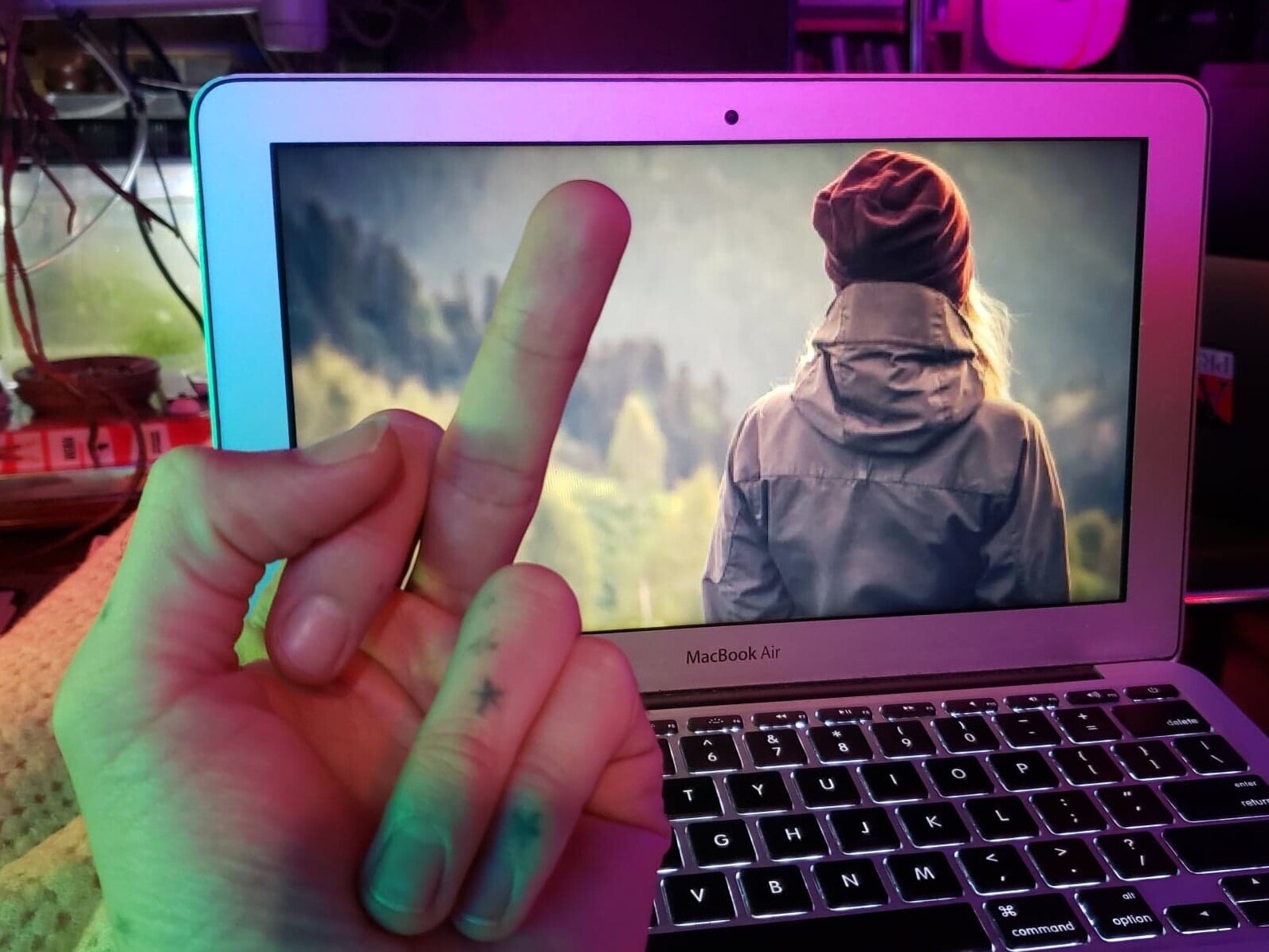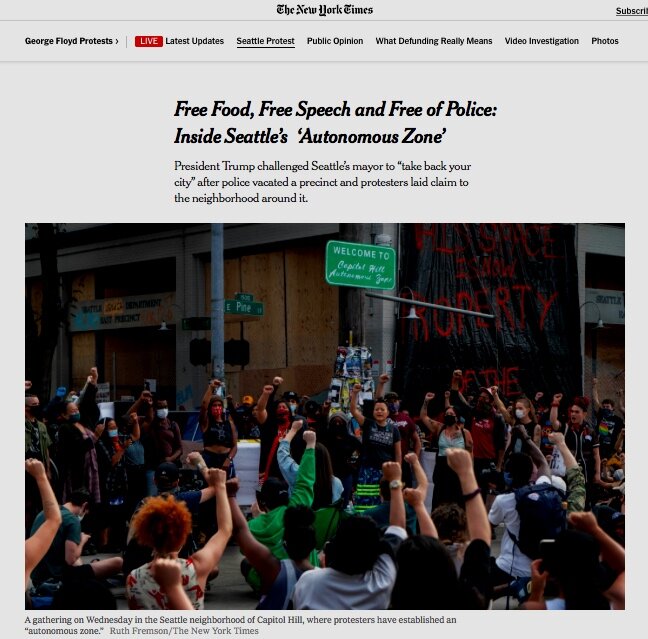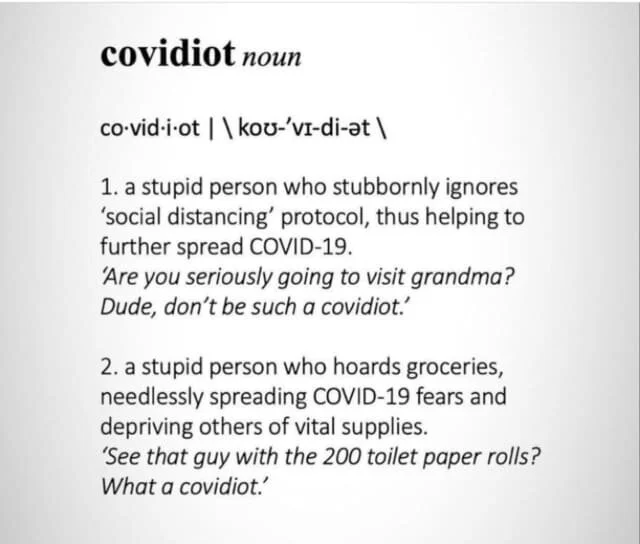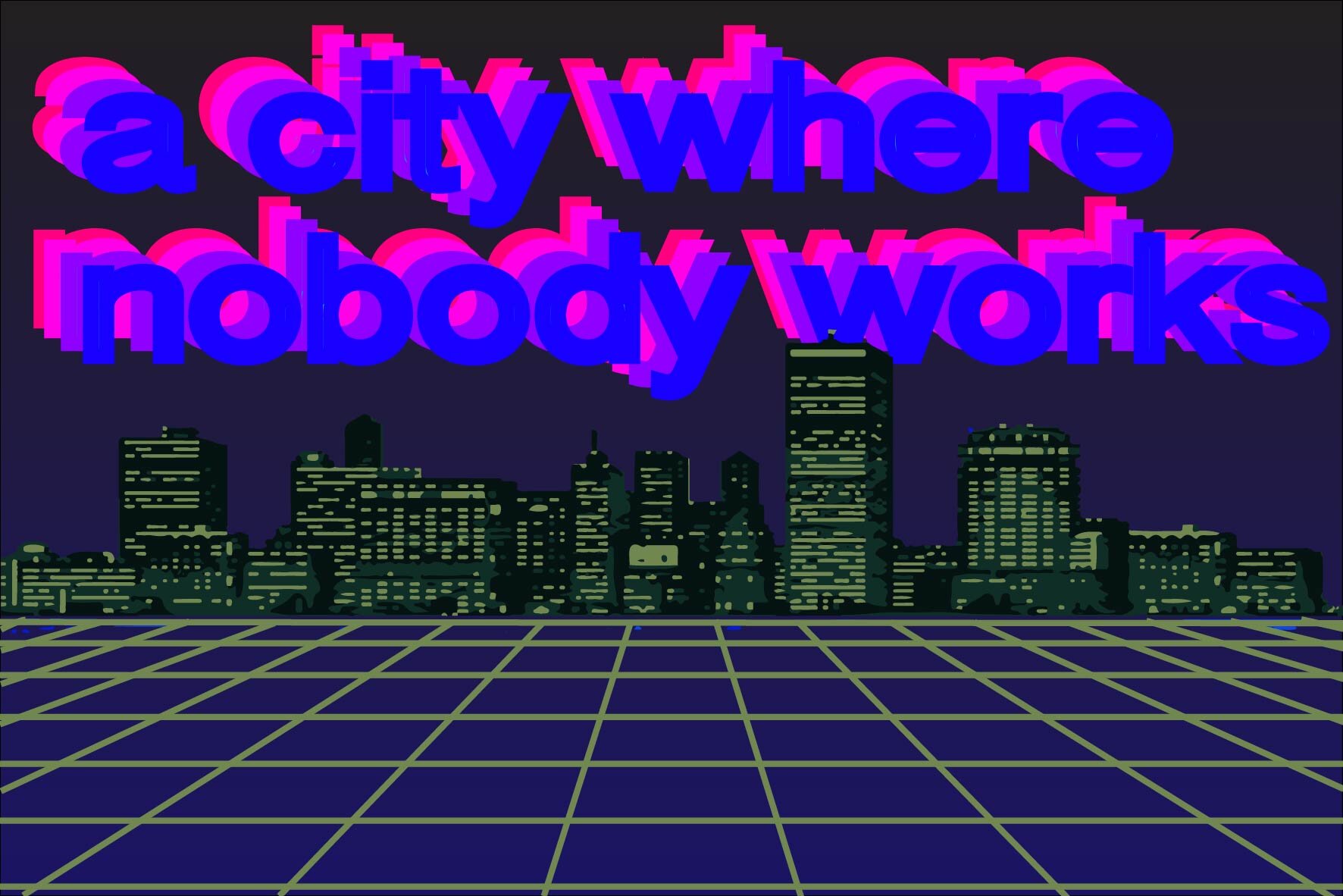Over the past 24 hours, as the political/media frenzy about Wednesday’s events at the Capitol have continued to evolve, I’ve been noticing a lot of parallels with the dark days after 9/11, when in our blind bloodlust, we were duped into backing illegal wars, forfeiting civil liberties, and alienating dissenting voices. As a good friend of mine (who is an astute political theorist and commentator) pointed out in a post today, the current vindictive cultural atmosphere is very similar.
The first valence of this is the way that vengefulness toward Trump supporters displaces systemic critiques. By focusing on how “deplorable” the angry mob was, my friend wisely cautions, we evade asking ourselves tough questions about our own complicity (as urban, educated people) in maintaining and extending the neoliberal economic conditions that have played a part in creating this discontent. My own feelings about the Trump supporter demographic are complicated, but in brief, I don’t see a lot of reason to go out of my way to defend them or justify their actions or ideologies. I don’t see them as more marginalized or vulnerable than the immigrants or minorities or people living in other countries who they detest and who MAGA policies harm. And it’s difficult not to resent a group who are simultaneously so deeply ignorant, so spiteful, so immune to critical thinking, so blindly trusting of a corrupt demagogue, and so blatantly selfish. But I think we need to reckon with the social, cultural, environmental, educational and economic desolation that is the backdrop of many of these people’s lives. It would be difficult to overstate how dysfunctional America is right now—this was true even before the pandemic. It's a dangerous, polarized, unkind, backsliding nation with a ton of endemic problems. If you’re not endowed with social, educational, cultural, and/or economic capital, and the other people in your life don’t have these either—especially if you’re living in a violent, racist, superstitious, anti-intellectual culture like the one that pervades most of the country—you’re probably not going to be a kind, decent, lovable person with good ideas or a clear understanding of your own plight. In short, you can be deplorable and a victim of your circumstances at the same time.
The second valence of our vindictive frenzy is that many have, literally overnight, embraced the very institutions that only recently were the object of our concern and criticism—many of them carceral and militaristic in nature. We see CNN commentators chanting “Lock them up! Lock them up!” about Capitol protestors; we see reports of subreddits full of young people collaborating to identify protestors on behalf of the FB!; we see political dinosaurs like Nancy Pelosi emerging as vindicated heroes; and we see calls for heightened securitization. We hear statements like “Where was the National Guard?” “When are these people going to get arrested?” “Should the protestors be placed on the no-fly list?” etc. It’s difficult to argue with the call for accountability and safety—especially since people were killed—but this could take many forms, and needn’t exalt the security state and its penal apparatus. Unfortunately, the main significance of events like this is that they increasingly ratchet up the surveillance, harassment, and punishment of people that the powerful don’t like—even (and often especially) those who have nothing to do with the initial impetus for this expansion of state power. If you think the events of January 6th won’t materially affect how BLM, environmentalist, or other protestors are treated going forward, you’re being naïve.
The final valence is that by demonizing Trump and his supporters, our leaders in politics and the media are steadily shoring up our confidence in themselves as the “good guys.” The most blatant example of this is the veritable crowd of Republican politicians, cabinet members and media figures who thought everything Trump did and stood for was totally fine until two days ago, and who now want to save their careers by distancing themselves from him now that he’s in hot water and his tenure is over anyway. But scanning slightly closer to the center of the political spectrum, it’s clear that the incoming regime is going to ride this scandal as a wave of legitimacy. But the “good guys” are not in charge! If we didn’t have the devastating mess of the Trump years to compare it to, Biden’s presidency would clearly be seen for the imminent danger that it is! In spite of the incoming administration’s performative woke rhetoric, in the middle of a pandemic, we are about to swear in a president who doesn’t believe in medicare for all. In the middle of a police brutality crisis, we’re getting an administration that wants to increase the funding for law enforcement. In the middle of a climate emergency, we’re getting an administration that still isn’t aiming high enough to avert catastrophe. And as inequality (not just economic, but cultural, educational, and social) grows, we’re getting an administration that advocates the same old political and economic practices that got us here.
In the face of these deeply troubling developments, we’re going to need huge amounts of activism and resistance—operating not from a place of America-first nationalism, but from a place of global and existential solidarity. By displacing systemic understandings of our social, economic, cultural, and political conditions; by bolstering the security state; by shoring up the support for woefully inadequate political figures who intend to fight tooth and nail for the status quo, we’re undermining our capacity to perform the hard work ahead.


















